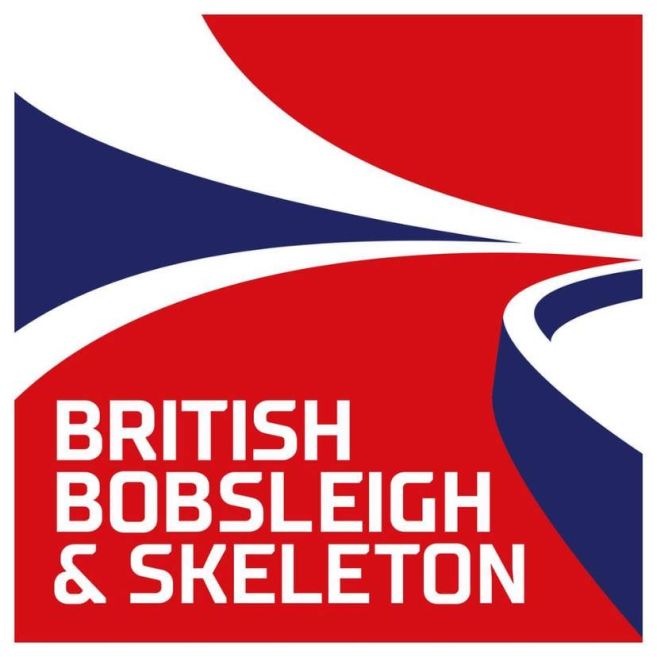BETTER PARTNER WITH BRITISH BOBSLEIGH AND SKELETON
We are proud to now partner the British Bobsleigh and Skeleton Team.
The Skeleton Team will use the Ice Rink at Link Centre for training sessions over the upcoming months to prepare for their upcoming competitions.
WHAT IS SKELETON?
- Skeleton is an individual sport in which athletes compete in either a men's or women's field
- Athletes push the sled as fast they can before jumping on
- Competitors then slide head first, with their face just inches from the ice
- Sliders must negotiate a series of tricky twists and turns, on a sled that offers little protection from the ice or barriers, while reaching speeds of up to 145km/h (90mph)
- As with bobsleigh, athletes have either two or four runs down a track, with each run timed. The times are then added together to calculate the winner
British Skeleton has come a long way since it was formed by a group of athletes in 1989. Originally called the British Bob Skeleton Association, its aim was to manage and increase the popularity of the sport throughout Great Britain - something it continues to do through the BBSA.
The hard work started to pay off when Alex Coomber won an Olympic bronze medal for Great Britain at Salt Lake City in 2002 (the first Olympic Games since skeleton was reintroduced to the programme that year). It was British Skeleton’s first Olympics medal, but it wasn’t to be the last.
More Olympic success followed shortly after, with Shelley Rudman winning a silver medal at Turin in 2006. Then, after the association received its first four-year funding award from UK Sport, Amy Williams took home gold at Vancouver in 2010 and in 2014 Lizzy Yarnold claimed gold in Sochi.
The most recent Olympic campaign saw even greater success for British Skeleton as the team brought an unprecedented hat-trick of medals home from PyeongChang. Yarnold became the nation's most-decorated Winter Olympian when she defended her Olympic title, while compatriots Laura Deas and Dom Parsons won a bronze medal apiece in a stunning Games in South Korea.
Britain had previously won a brace of bronze medals in skeleton’s early years as an Olympic sport before a long absence, with David Carnegie finishing third in St Moritz in 1928 and John Crammond following suit at the same venue 20 years later.
